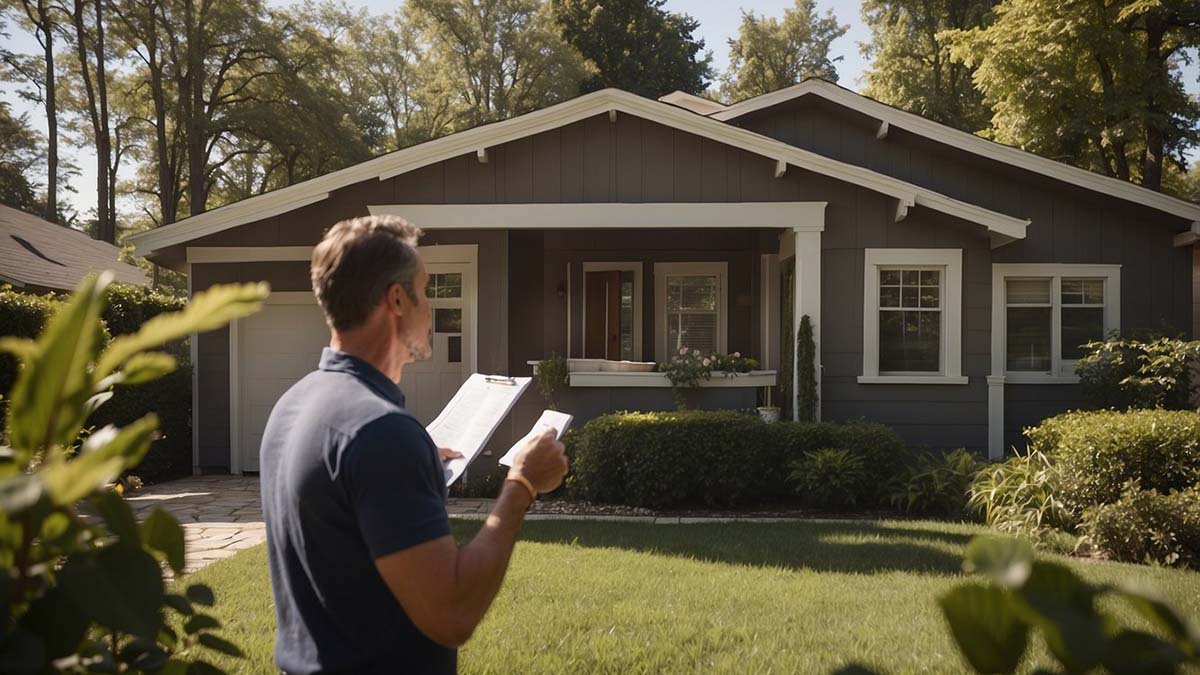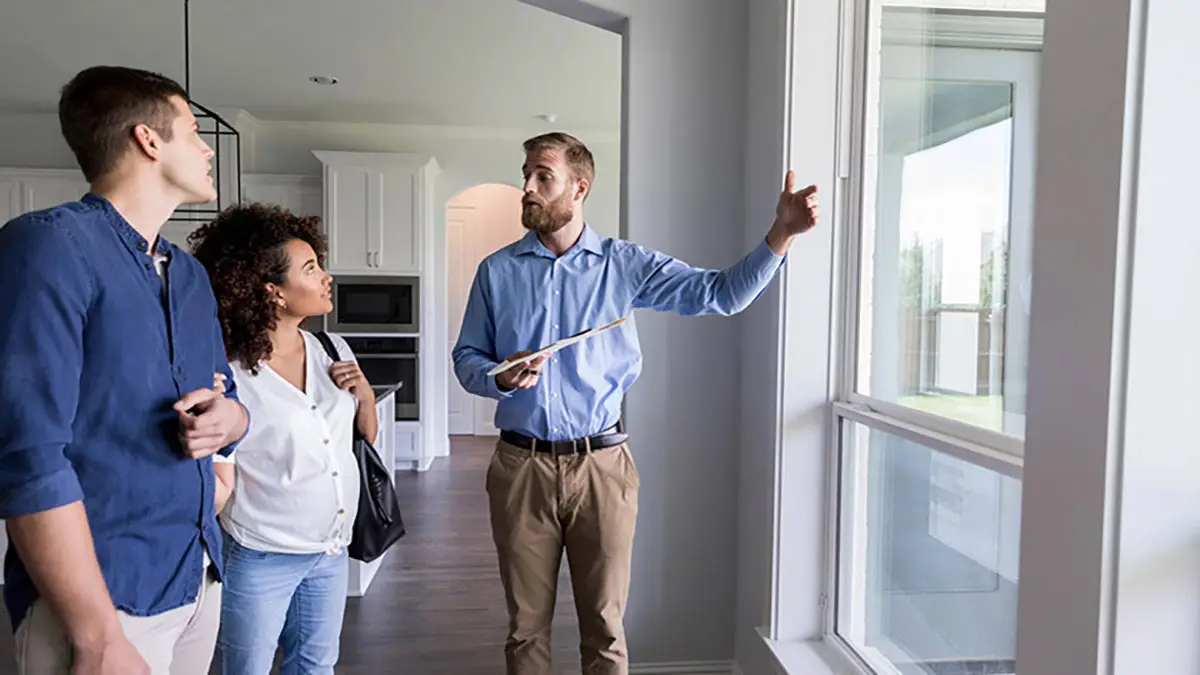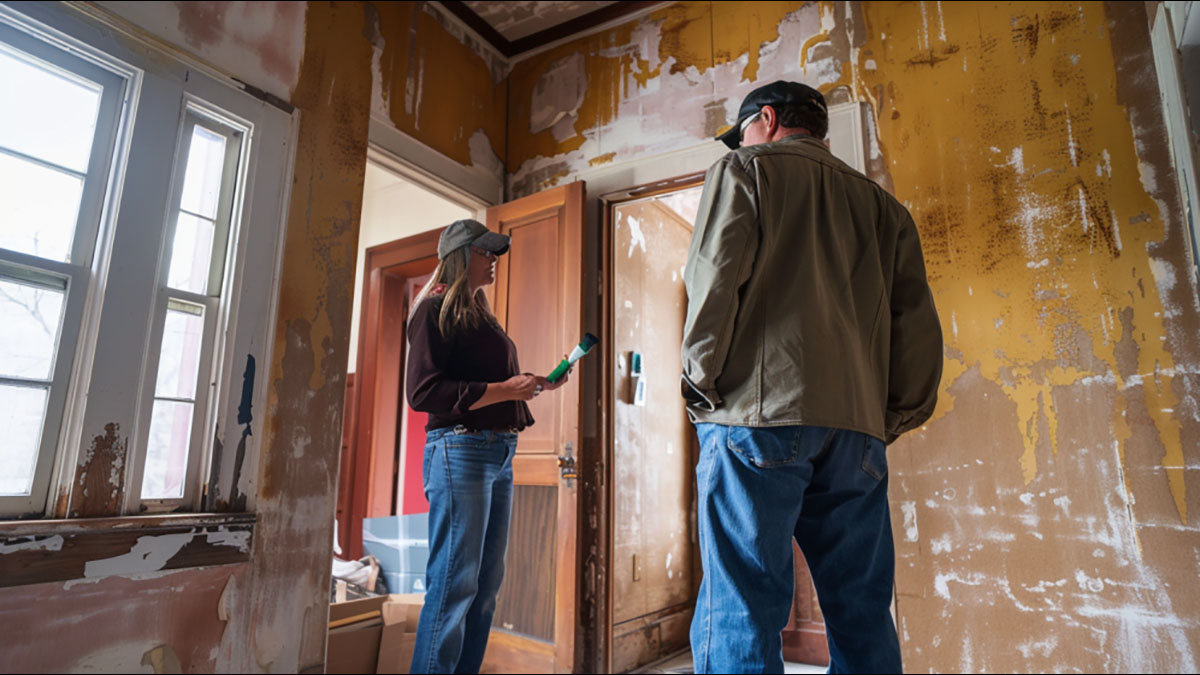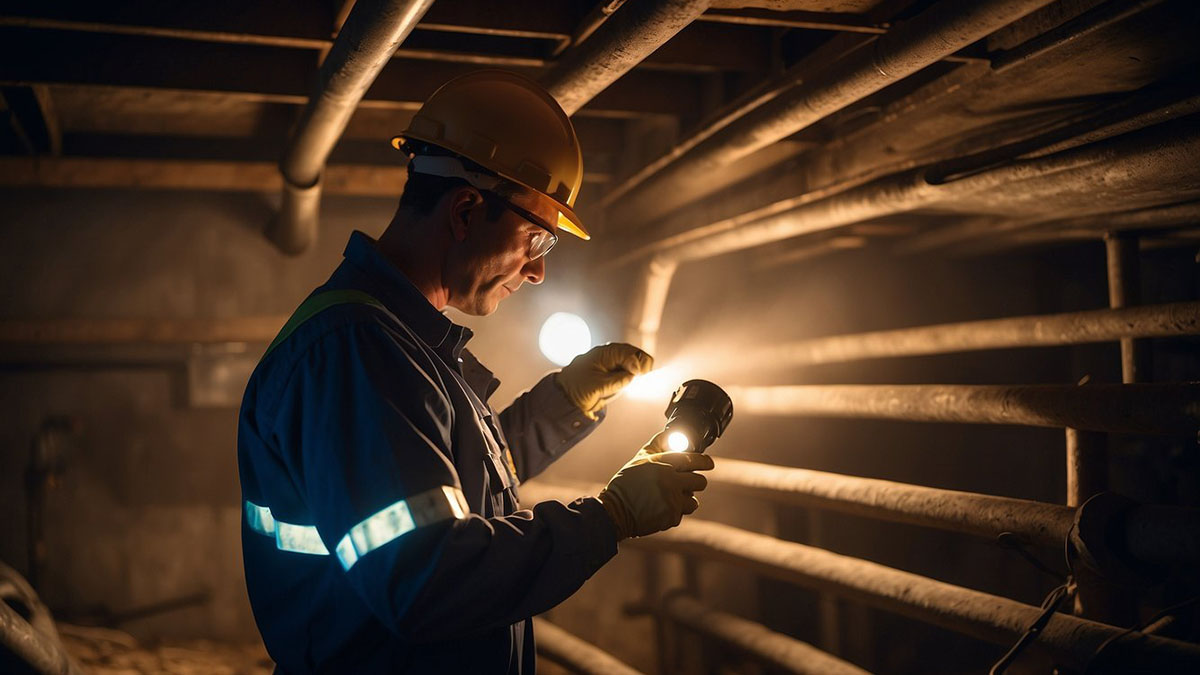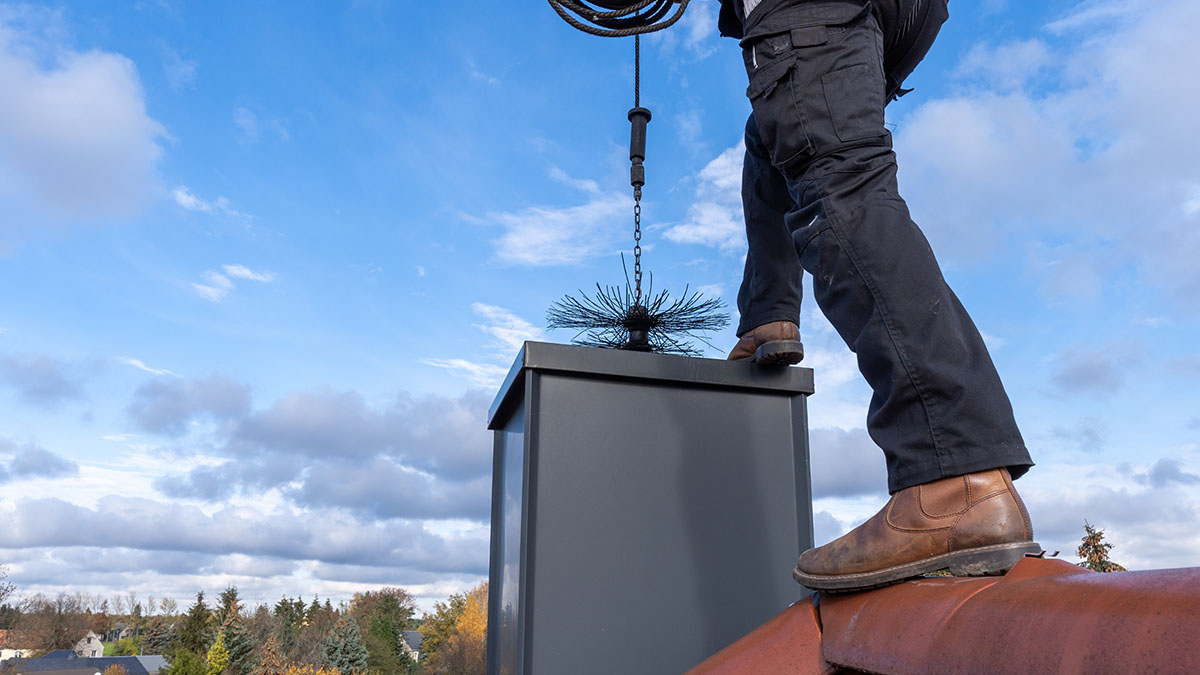Imagine you’re buying a house, and you hire a home inspector to ensure everything is in order. They conduct a thorough inspection, give you the green light, and you proceed with the purchase.
But a few months later, you discover a defect the inspector missed. You’re left wondering, “How long is a home inspector liable?”
Depending on the state, a home inspector’s liability ranges from 1 to 4 years after the inspection. In some states, a home inspector will be held liable for oversights or errors discovered within a year of the inspection. In others, an inspector’s liability is limited based on their pre-inspection contract, up to 1.5 times the inspection fee.
The more you understand home inspector liability, the better you’ll be at navigating the home-buying process, protecting your interests, and making informed decisions. So, let’s dive in and unravel the intricacies of home inspector liability, shedding light on this often misunderstood aspect of the home inspection process.
| Key Takeaways |
|---|
| Understanding home inspector liability is crucial for home buyers, sellers, and inspectors. |
| Home inspector liability refers to the legal responsibility of home inspectors for their professional services. |
| The duration of home inspector liability varies depending on state laws and the terms of the inspection contract. |
| State-specific statutes of limitations define the timeframe within which a liability claim is filed. |
| Professional liability insurance (E&O insurance) provides financial protection for home inspectors in case of legal claims. |
| Reading and understanding the terms of the home inspection contract is crucial for buyers and inspectors. |
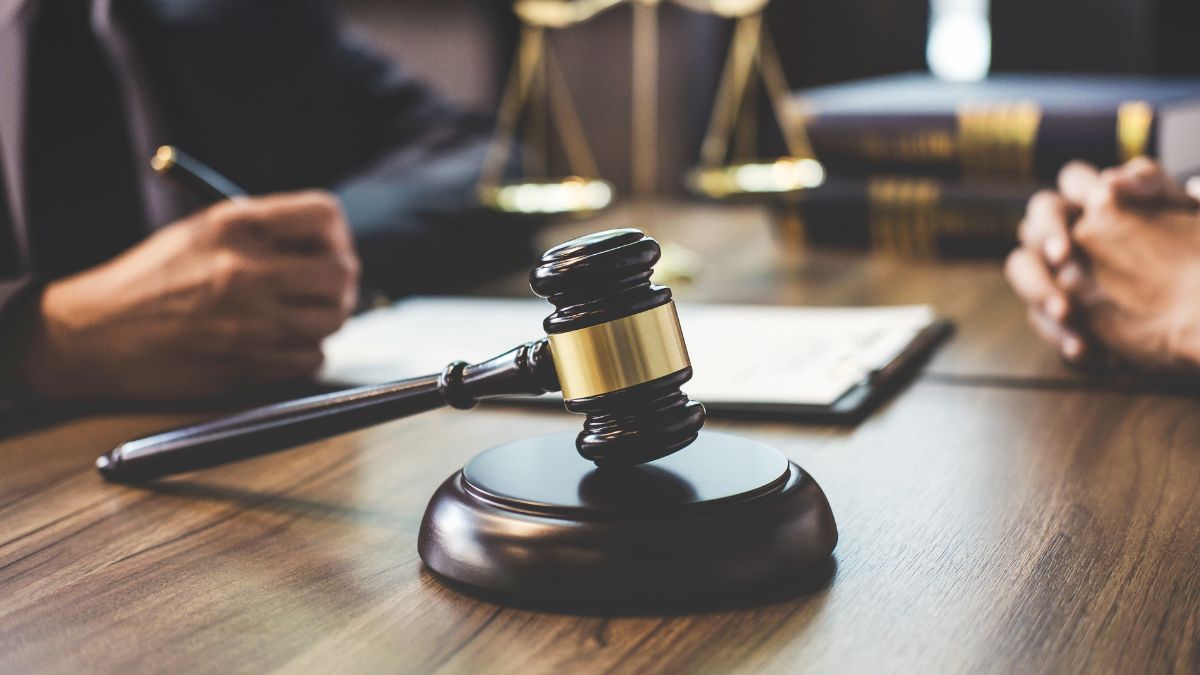
Understanding Home Inspection
A home inspection is a comprehensive assessment of a property’s condition. It provides a detailed understanding of the property’s current state and maintenance needs, helping you avoid potential headaches.
Now, you might be wondering, “Who conducts these inspections?” An estate home inspector is a trained and certified professional who carries out this detailed assessment. The role of a licensed home inspector is multifaceted and extends beyond merely identifying material defects.
Key Responsibilities of Estate Home Inspectors
Here’s a snapshot of their key responsibilities:
- Conducting a thorough visual inspection of the property, including its structure, systems, and components.
- Identifying safety issues and potential threats to the property’s condition.
- Documenting findings in a comprehensive home inspection report.
- Providing recommendations for repairs or improvements.
- Educating you about the property’s condition and maintenance needs.
Related reading: What is a Home Inspection? Home Inspectors in Real Estate
Legal Aspects of Home Inspection
Across the United States, home inspection laws vary from state to state. Some states have stringent regulations requiring home inspectors to be licensed and adhere to specific standards of practice. Others have more relaxed rules.
State-specific laws significantly influence the home inspection process and the legal liability of home inspectors. In some states, the duration of a home inspector’s liability is explicitly defined by law. In others, it is influenced by the date of a defect’s discovery or the inspection contract’s terms.
Breach of contract can also impact the liability of home inspectors, as failure to fulfill the obligations outlined in the inspection contract may result in legal consequences.
Home inspection legal aspects that vary by state:
- Licensing Requirements for home inspectors
- Standards of Practice and Code of Ethics
- Mandatory reporting formats
- Continuing education requirements for home inspectors
- Statutes of limitations for filing legal claims against home inspectors
Recently David Reischer, Esq. Attorney & CEO of LegalAdvice.com, stated that “legal action for breach of duty arising from a home inspection report must be commenced within the state statute of limitations, which can vary by geographic area.”
“In California, the requirement is four years from the inspection date. In New York, any action must be commenced within one year from the inspection date. The legislature in each locality determines such a period for an action needing to be commenced”, according to Reischer.
Home Inspector Liability: An Overview
Liability refers to the legal responsibility that home inspectors bear for their professional services. It’s a crucial concept with significant implications for home inspectors and their clients.
When you hire a licensed home inspector, you’re entrusting them with a significant task – assessing the condition of a property you’re considering buying. You rely on their expertise to identify any defects or potential issues. But what happens when something goes wrong?
What happens when a home inspector misses major issues and you’re left with the consequences?
Attorney Collen Clark of Schmidt and Clark, LLP stated, “It’s important to note that limitations may exist when assessing a home inspector’s liability. These limitations can include contractual agreements, statutes of limitations, and the extent of the inspector’s duty of care.”
He continues, “For example, if the home inspector clearly outlines the limitations of their inspection in the contract or if the homeowner fails to take appropriate action within the specified timeframe, it may affect the inspector’s liability. Also, proving negligence or breach of duty on the part of the home inspector is crucial in determining their liability.”
If a home inspector fails to identify a defect they should have caught, they could be liable for the oversight. This liability results in them having to compensate you for the cost of repairs or other related expenses.
However, it’s important to note that home inspector liability isn’t straightforward. It’s influenced by a variety of factors, including:
- The terms of the home inspection contract
- The nature and severity of the missed defect
- The home inspector’s adherence to their standard of practice
- State-specific laws and regulations
Brad Banias, a founding partner of Banias Law, states, “It’s important to inform the inspector promptly. It allows them a chance to reinspect and perhaps rectify the issue. Failing to do so might put you at a disadvantage if you choose to make a claim later on.”
Related reading: What If Your Home Inspector Missed Major Issues? 3 Helpful Steps to Recovery
Duration of Home Inspector Liability
Now that we’ve established what home inspector liability is let’s delve into a question that’s likely on your mind: “How long is a home inspector liable?”
Generally, a home inspector’s liability ranges from a few months to several years after the inspection. Some states have specific statutes of limitations that define this duration.
In some states, a home inspector is held liable for oversights or errors discovered within a year of the inspection. In others, it is two or three years or even longer.
However, the duration of liability isn’t solely determined by state laws. The terms of the home inspection contract also influence it. Some experienced home inspectors include clauses in their contracts that limit the timeframe within which a client brings a claim against them.
3 Factors Influencing Liability Duration
Understanding the duration of home inspector liability involves more than just knowing the general timeframe. It’s about delving into the factors that influence this duration. Let’s explore these factors in more detail.
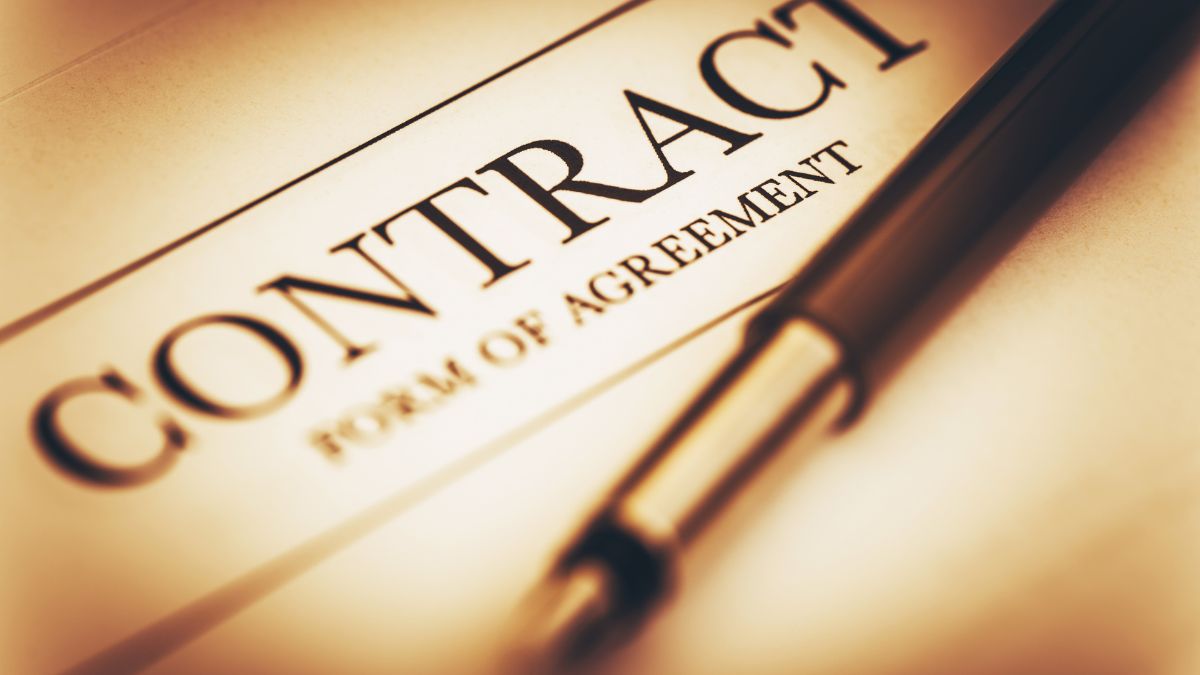
1. Contractual Agreements
When you hire a qualified home inspector, you typically sign a contract outlining the inspection terms. The contract includes clauses limiting the timeframe you bring a claim against the inspector. Some contracts stipulate that any claims must be made within a year of the inspection.
Most home inspection agreements include a clause that limits the inspector’s liability to 1.5 times the home inspection fee.
2. Nature and Severity of the Defect
A minor oversight that doesn’t significantly impact the property’s value will not extend the liability period. However, an undisclosed defect that poses a safety risk or requires costly repairs will potentially extend the liability duration.
3. State-specific Statutes of Limitations
State-specific statutes of limitations vary from state to state. In some states, the statute of limitations is short as a year; in others, it extends to several years.
Case Studies: Home Inspector Liability
To truly understand the concept of home inspector liability, it is helpful to examine real-life scenarios. These case studies provide a practical perspective, shedding light on how the principles we’ve discussed apply in the real world.
Consider the case of a home buyer in California who discovered significant foundation issues several months after purchasing the property. The home inspector failed to identify these issues during the inspection. Given California’s statute of limitations for such cases, the buyer could file a claim against the inspector, who was liable for the oversight.
In another case, a home buyer in New York discovered a major plumbing issue after moving into the property. However, the home inspection contract included a clause limiting the liability period to one year. Since the buyer discovered the issue after this period, they could not bring a claim against the inspector.
3 Important Lessons
These cases highlight several important lessons:
- Always read and understand the terms of your home inspection contract. If clauses limit the liability period, ensure you’re comfortable with them before signing.
- Be aware of the statute of limitations in your state. This knowledge is crucial if you discover a defect after purchasing the property.
- Understand that the nature and severity of the oversight influence the outcome of a liability claim. Major defects that should have been caught during the inspection are more likely to result in successful claims.
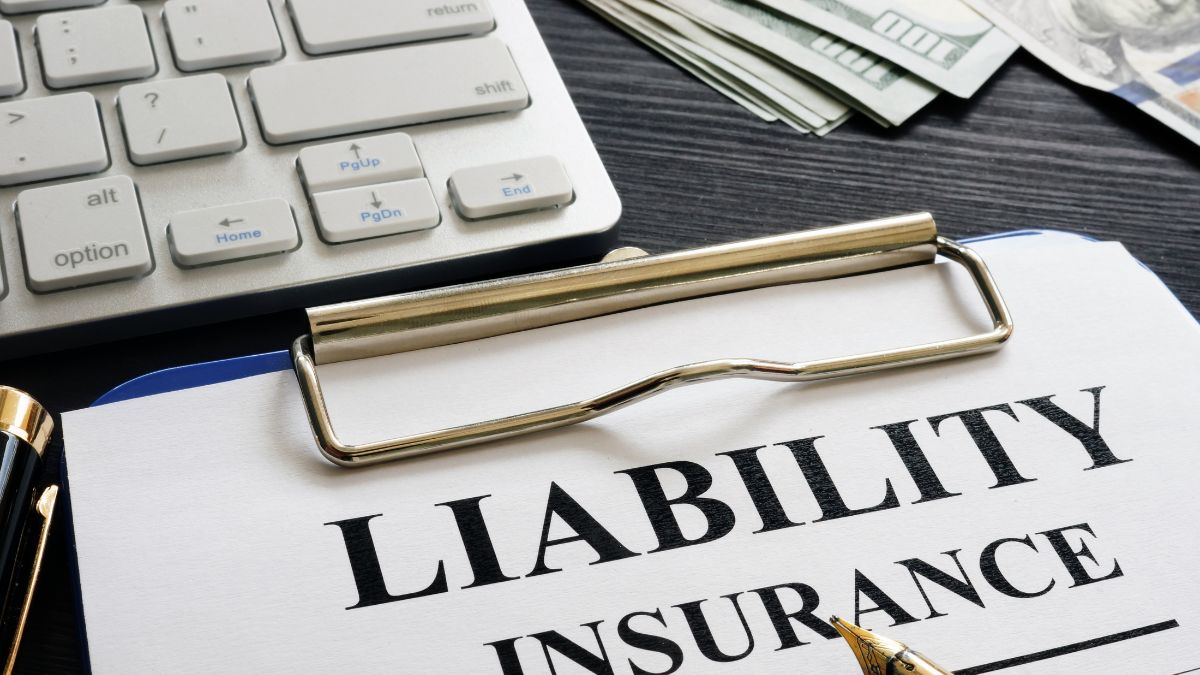
Protecting Yourself from Liability Claims
As you navigate the world of home inspections, it’s essential to know how to protect yourself from potential liability claims. Whether you’re a home inspector seeking to minimize your risk or a home buyer wanting to ensure you’re adequately protected, there are two key strategies to consider: comprehensive home inspection reports and professional liability insurance.
A comprehensive home inspection report is your first line of defense. It provides a detailed inspection record outlining the property’s condition during the inspection. It serves as a valuable reference point, helping to resolve any disputes that may arise later.
As a home inspector, providing a thorough, accurate report helps protect you from liability claims. As a home buyer, insisting on a comprehensive report ensures you clearly understand the property’s condition.
Professional liability insurance, also known as error and omissions insurance is a type of insurance that protect home inspectors if they’re sued for missing a defect during an inspection. It’s a safety net that provides financial protection, covering legal fees and potential settlements. Knowing your home inspector has this coverage is reassuring as a home buyer.
Summary
In summary, protecting yourself from liability claims involves the following:
- Ensuring comprehensive home inspection reports are provided and understood
- Utilizing professional liability insurance to manage risk
How Long Is A Home Inspector Liable FAQs
As we continue to explore the intricacies of home inspector liability, it’s time to address some of the most common questions on this topic.
Can a home inspector be sued for missing a defect?
Yes, you can sue a home inspector if they miss a significant defect during an inspection. However, these claims often are hard to prove as home inspector findings are subjective. In most states, you must prove the home inspector breached their duty of care.
How long after a home inspection can you sue?
The timeframe within which you can sue a home inspector varies based on state-specific statutes of limitations and the terms of your home inspection contract. It ranges from a few months to several years after the inspection.
What does a home inspector’s liability insurance cover?
A home inspector’s liability insurance, also known as errors and omissions (E&O) insurance, provides coverage if the inspector is sued for missing a defect during an inspection. It typically covers legal fees and potential settlements or judgments.
Can a home inspector limit their liability?
Home inspectors often include clauses in their contracts that limit their liability. These clauses cap the amount they are held liable for or limit the timeframe.
Conclusion
Understanding home inspector liability is crucial, whether you’re a home buyer, a seller, or a home inspector yourself. It’s about knowing your rights, understanding your responsibilities, and being equipped to make informed decisions.
Understanding home inspector liability helps you navigate the home buying process more effectively as a home buyer. It equips you with the knowledge to protect your interests and ensures you’re adequately prepared to handle any issues that may arise.
For home inspectors, understanding your liability is about managing risk. It’s about ensuring you provide a thorough, accurate service to your clients, protecting yourself with professional liability insurance, and understanding the laws and regulations that govern your profession.
We hope this detailed exploration has provided valuable insights and a deeper understanding of this important topic.


